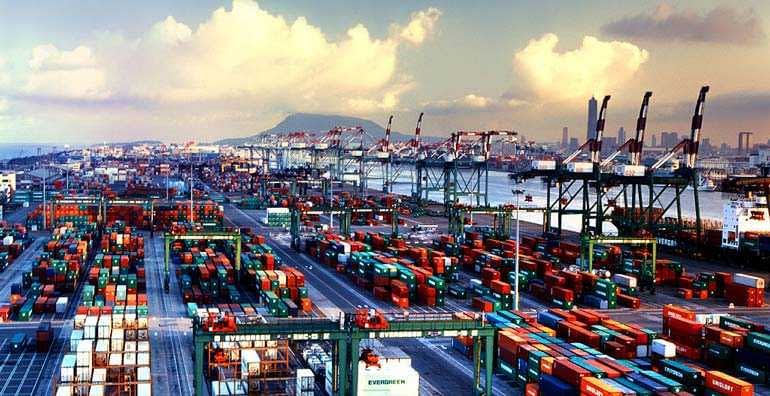
Taiwan’s Food and Drug Administration (TFDA) met with a European delegation in Taipei today over its continuing refusal of certain shipments of olive pomace oil on the grounds they contain a green colorant.
Olive Oil Times has been told that the delegation included experts in olive oil chemistry from Italy and Spain as well as representatives of the European Commission but no information was released on the meeting outcome.
ASSITOL EXPLAINS: Letter from Assitol concerning Taiwan’s refusal of olive pomace oil shipments
Sources say they planned to present research to the TFDA to back their claim that a test it is using could be producing false positives for the additive — copper chlorophyll — in the case of olive pomace and grapeseed oils.
Taiwan is taking a hard-line stance on import testing in the wake of a wider food scandal, one aspect of which involved revelations of cheaper cottonseed oil being “greened up” with the colorant and sold as olive oil to Taiwanese consumers.
But as previously reported, some Spanish and Italian edible oil experts have warned that a low level of copper chlorophyll can occur naturally in olive pomace oil and grapeseed oils and cause a positive result in tests for the non-statutory colorant.
Italy’s powerful olive oil trade association, Assitol, told Olive Oil Times earlier this month it was seeking a meeting with the TFDA to discuss the issue. And the International Olive Council (IOC) said its group of chemistry experts was researching the matter and had asked Taiwan for all relevant information.
Since December 25, the TFDA has published at least seven notices about the refusal of oil shipments on the grounds they tested positive for copper chlorophyll:
- January 22: two notices regarding olive pomace oil from Italian company Olearia Clemente SRL, one regarding refusal of a shipment of more than 700 1L bottles (a total of nearly 660kg) and another for 320 5L tins (1,465 kg);
- January 15: three refusal notices, the biggest affected shipment being 6,000kg from Spain’s Vidoria SL, and the others from the Italian companies Santagata Luigi SRL, for 2,160kg of olive pomace oil, and Erregi SRL, for 55kg of Castello brand extra virgin olive oil bottles;
- January 2: 16,708kg olive pomace oil from Italy’s Olitalia SRL;
- December 25: 8,000 kg olive pomace oil again from Spain’s Vidoria SL.
In the last month, a Thai fish sauce and Korean chocolates were among other imports refused over use of non-statutory colorants. The TFDA has also recently refused various foods over irregularities detected in pesticide residue levels, including Indian sesame seeds; Thai chili powder; Japanese strawberries, grapes and satsuma mandarins, and Chilean cherries.
Olive pomace oil is made from the residue left after producing virgin olive oil and is used widely in the food service and food production sectors. According to the IOC, world imports of olive pomace oil totaled 53,500 tons in 2012/13. Taiwan accounted for just 504 tons — less than 1 percent — but there are fears the scandal there could affect more important markets, such as the United States, which took 10,621 tons — just under a fifth of the total — and is the world’s biggest olive pomace oil importer.
- Taiwan FDA notices
- “Shipments of olive oil from Italy, Spain barred from entry”, Taipei Times, January 16, 2014
- “Re-engage for ‘rule of the people’”, Taipei Times, January 24, 2014
[shareaholic app=“share_buttons” id=“4985602”]







